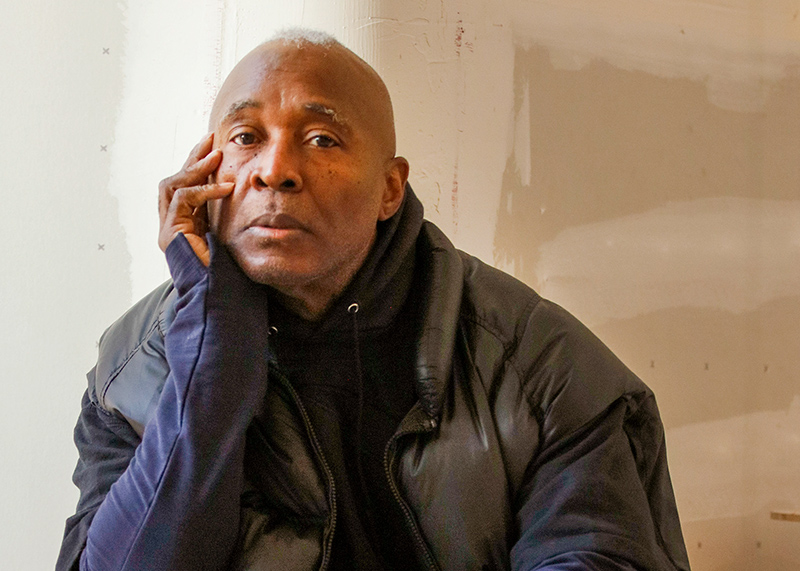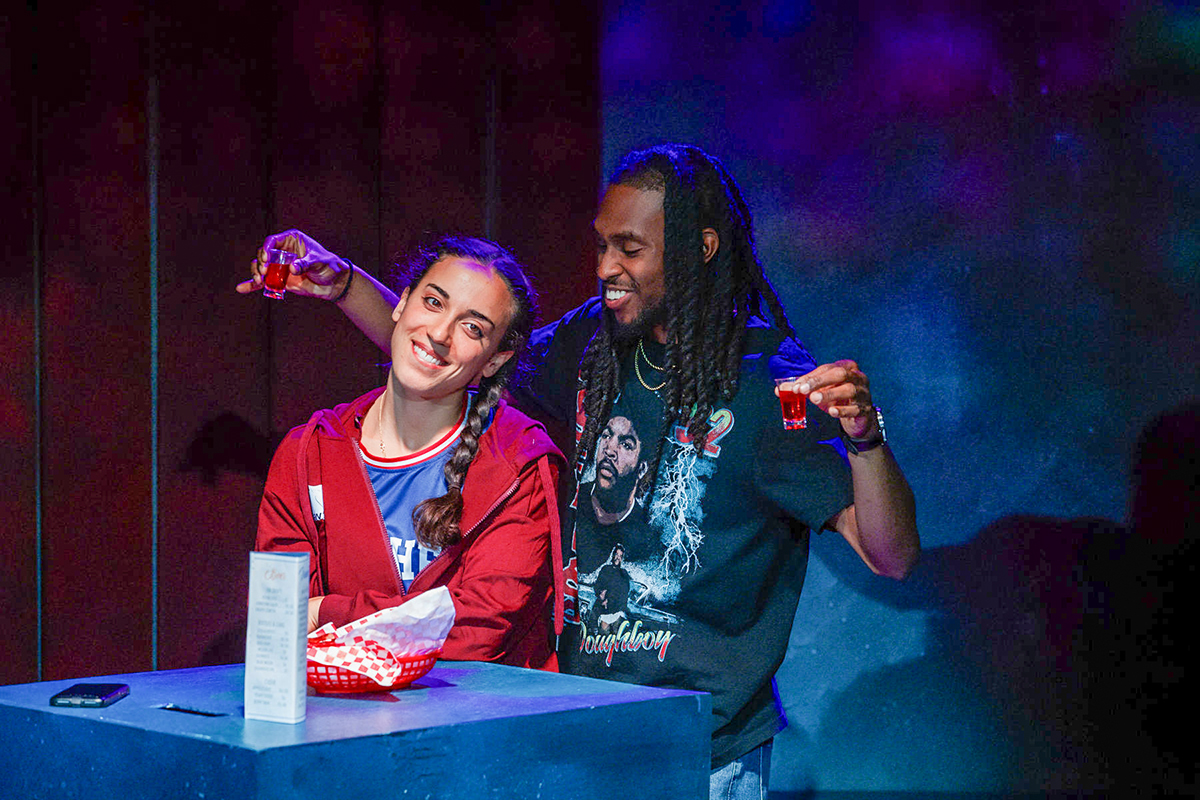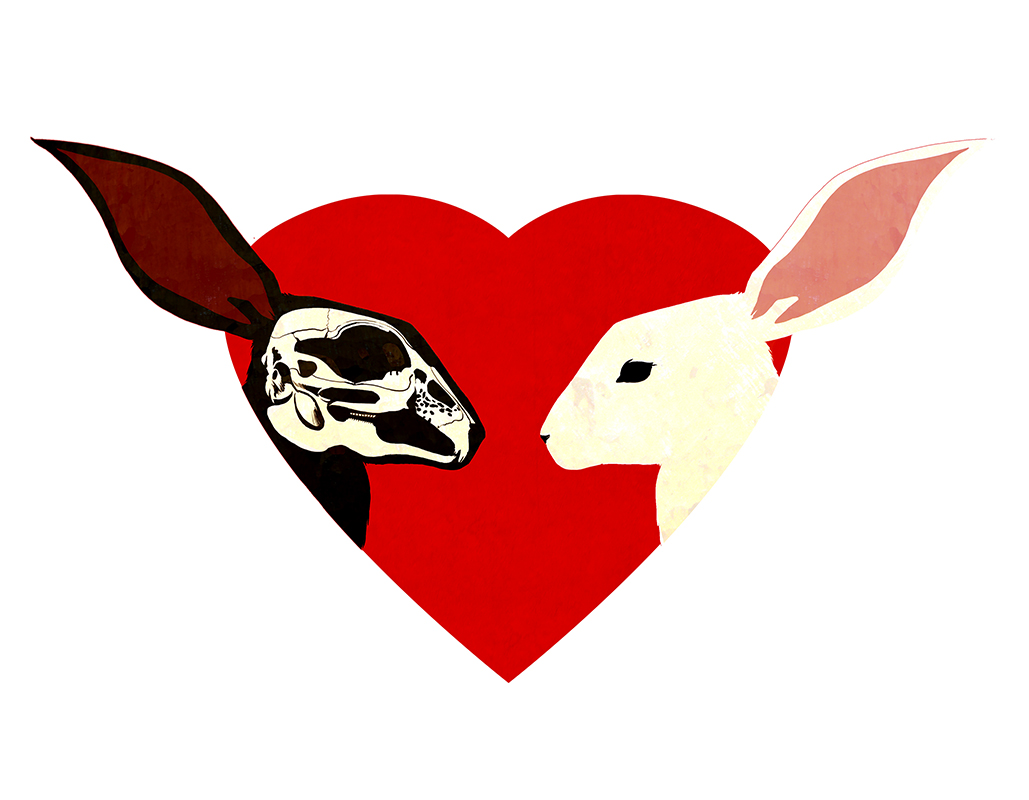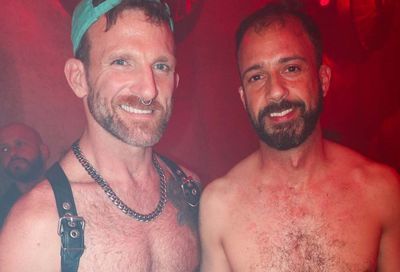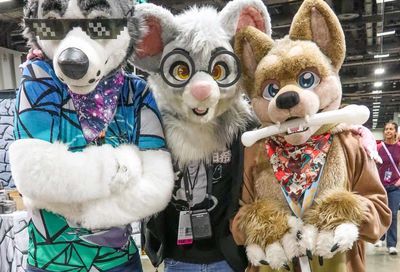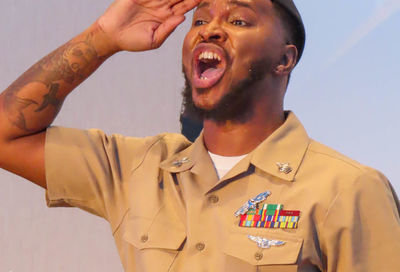Drawn Together
With their queer artists' collective Boys Be Good, Christopher Cunetto and Jason Edward Tucker are finding that there's strength – and artistry – in numbers

Boys be Good arts collective: Cunetto
(Photo by Todd Franson)
MW: Do you have to be a gay male to be part of the collective?
TUCKER: You do. But at the same time, we’ve thought about Boys Be Good being a young male gay collective – and to both Christopher and me that seemed sort of exclusive. So from that standpoint, we have opened up the forum a little bit wider. We produce a ‘zine with every single show, which has allowed for people of any gender, of any sexuality, of any orientation, of any background, to submit work to the same theme as the current show itself.
CUNETTO: Although it’s all gay men, we try to engage a lot of ideas and perspectives that expose ideas and identities beyond the stereotypical gay male. So, when you talk about gender, it’s from the discussion of ”What is masculinity?” Like talking about that is also kind of tangentially talking about women’s issues, talking about gender issues. It all contributes to a larger discussion of what queer life is. And we try to collaborate a lot with people outside of our comfort zones. We want to connect with and make art with people who extend beyond the kind of basic identity of the group.
But, in my personal opinion, I think that there’s a big need to talk about men’s issues in the gay community and I’m really committed to doing that and that’s a big part of what I want the group to accomplish. We have a big responsibility. We’re a visible portion of the queer community and we have a big responsibility to figure out what to do with that stance. We have a responsibility to use that mindfully and Boys Be Good is an attempt to ensure that our culture talks about that responsibility. At the same time, we want to engage really diverse areas of the queer community. We also want to ensure that the visibility that this portion of the gay community has is used wisely, efficiently and meaningfully.
MW: You’re going to hit a point of growth where you’re going to start having women and straights saying, “We want to be part of this club.”
CUNETTO: We’re not opposed to that by any means.
MW: It’s just not what it is now.
CUNETTO: Right. We want to be a go-to point for queer artists. This time – economically and politically – needs to have out, queer, visible voices that are fresh, voices that are visible. They need to be there, because where there is no voice there is no agency.
MW: According to your website, you guys have an annual fundraising goal of about $1,500.
CUNETTO: Yes.
MW: If somebody is has $20 to give, they may give it to the Human Rights Campaign as opposed to a local artists’ collective. So your struggle to find funding – even the barest amount – must be a challenge to say the least.
CUNETTO: It’s the world we live in. People want a return of investment. And when you see that HRC is lobbying for a new policy that you want to pass, there’s your return of investment. The things that are made in culture are less easily perceived. Jason and I can look back and take great inspirations from Keith Haring’s diaries and the experiences that Robert Mapplethorpe had. But those things aren’t visible to everyone in society. And when peoples’ daily lives boil down to political sound bites, like they want their money to go something they feel like is going to be immediate. And that’s part of our culture.
When you invest in artwork, you don’t say, ”This artwork is the future,” because art is retrospective. You say, ”This artwork teaches me about the past.” It’s a different mindset and people are used to investing in things that go forward in time. But art, a lot of times goes back in time. But teaches us just as much and is, in fact, just as influential because it’s the moments that people have with art and culture that changes their minds and thoughts about things. It’s like those moments connect with people and people learn in the most surprising areas of creative culture.
It is where these points of culture intersect. We remember Harvey Milk, but we remember Keith Haring, too. We have to have leaders in culture that teach us things we never knew we wanted to learn. We have to have teachers in politics that inspire us to be brave. To have one and not the other gives an incomplete picture of what our lives are like right now. And as much as art can teach us, it’s also a record.
Support Metro Weekly’s Journalism
These are challenging times for news organizations. And yet it’s crucial we stay active and provide vital resources and information to both our local readers and the world. So won’t you please take a moment and consider supporting Metro Weekly with a membership? For as little as $5 a month, you can help ensure Metro Weekly magazine and MetroWeekly.com remain free, viable resources as we provide the best, most diverse, culturally-resonant LGBTQ coverage in both the D.C. region and around the world. Memberships come with exclusive perks and discounts, your own personal digital delivery of each week’s magazine (and an archive), access to our Member's Lounge when it launches this fall, and exclusive members-only items like Metro Weekly Membership Mugs and Tote Bags! Check out all our membership levels here and please join us today!



